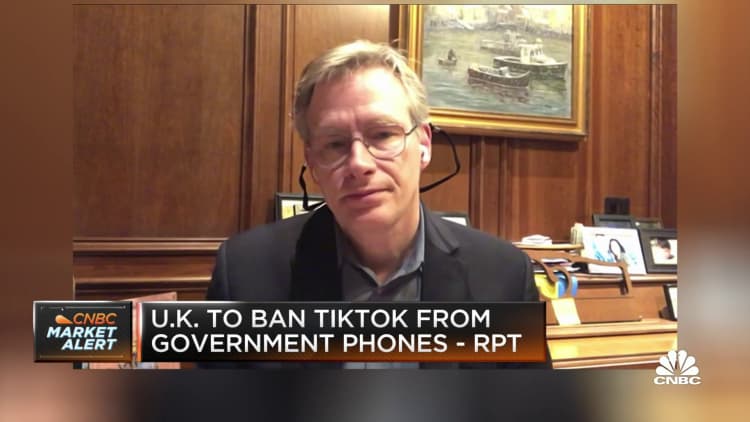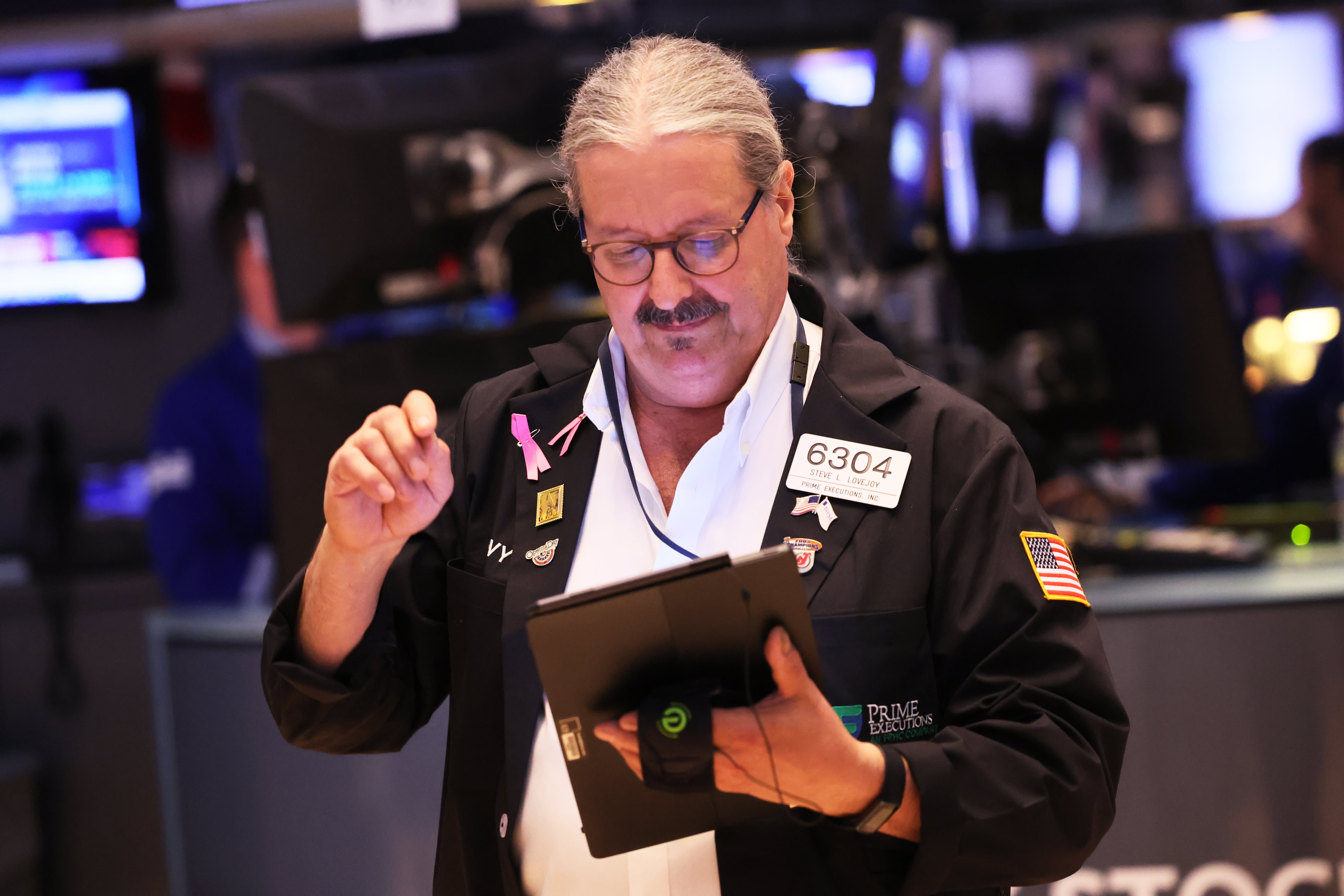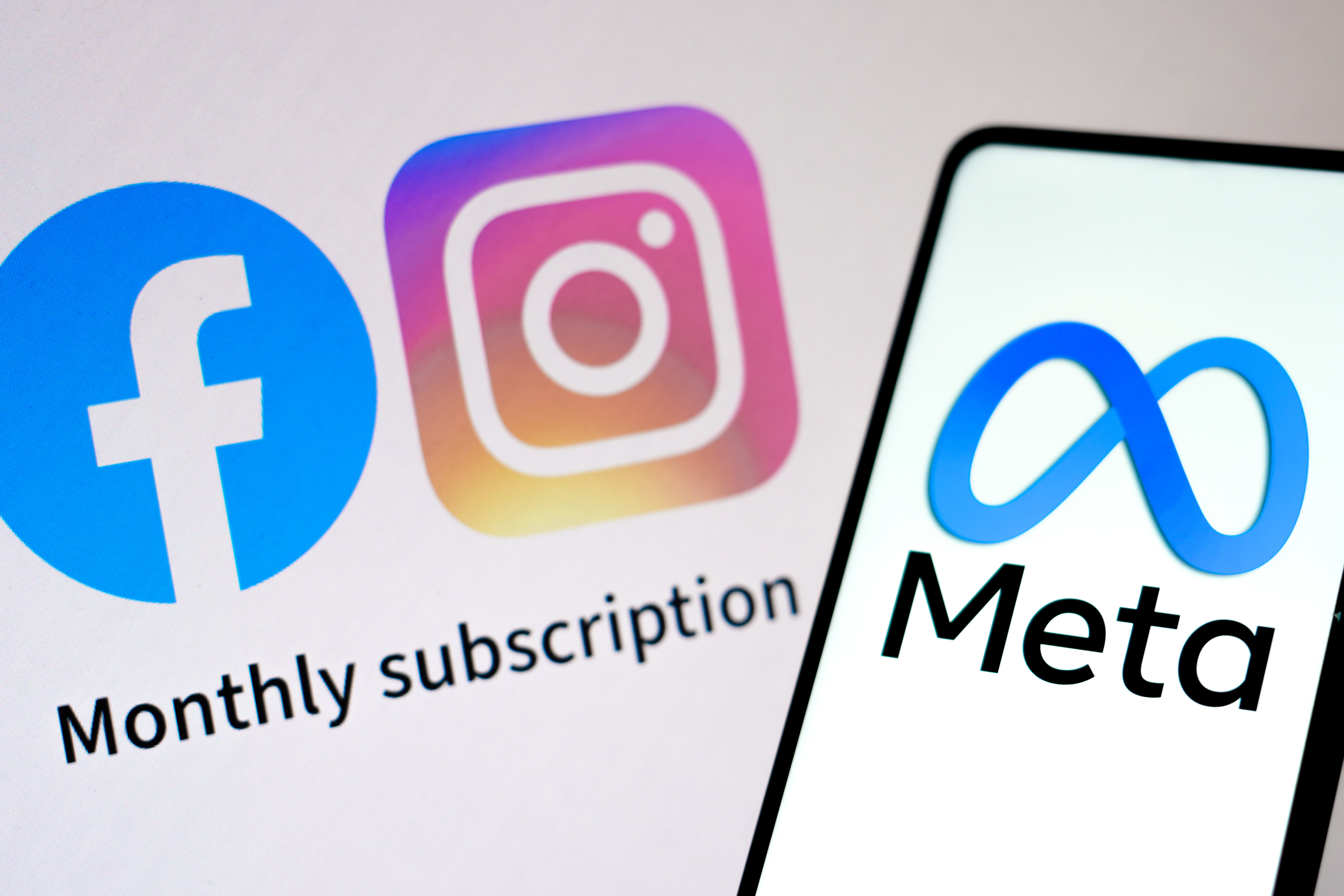Jaap Arriens | NurPhoto | Getty Images
Meta plans to debut a new broadcasting feature dubbed Channels for its WhatsApp messaging service.
The social networking giant said Thursday that the new Channels feature is akin to a “private broadcast service” in which people and organizations can send messages and updates to followers that are separate from the kinds of interpersonal communications that occur between WhatsApp users.
Admins who oversee a WhatsApp channel will be able to send text, photos, videos, stickers and polls to their followers, who will not be able to reply to the messages. The Channels admins won’t be allowed to add followers to their channels, which will store messages for 30 days before they are deleted.
Unlike more conventional WhatsApp messages, Channels will not use end-to-end encryption so that they can “reach a wide audience,” WhatsApp said in a blog post. WhatsApp added that end-to-end encrypted channels may eventually debut in the future for groups like nonprofits or health organizations that want their communications to be more secure.
WhatsApp users will eventually be able to find Channels they want to join in a searchable directory. They will be able to access the Channels they follow via a new “Updates” tab. WhatsApp said the tab would be “separate from your chats with family, friends, and communities.”
WhatsApp said it is working with various groups like the Singapore Heart Foundation and Colombia Check nonprofit as part of its plans to debut Channels in Colombia and Singapore before a broader launch in other countries later this year.
WhatsApp plans to eventually let anyone create a WhatsApp channel, besides its current launch partners that also include the International Rescue Committee and the World Health Organization.
Meta, when it was known as Facebook, acquired WhatsApp in 2014 for $19 billion.
Meta CEO Mark Zuckerberg recently told CNBC’s Jim Cramer that WhatsApp will be the “next chapter” for the social networking company, representing an opportunity for Meta to build a lucrative business akin to Instagram and the core Facebook app.
Although Meta derives the bulk of its billions of dollars in annual sales from online advertising, it’s thus far avoided adding ads to WhatsApp akin to Facebook and Instagram. Instead, Meta has been pushing business-messaging features as a way to monetize WhatsApp, hoping to offer more compelling ways for companies to engage with users.
Indeed, Meta said in the blog post that the company thinks “there is an opportunity to support admins with a way for them to build a business around their channel using our expanding payment services as well as the ability to promote certain channels in the directory to help increase awareness.”
Watch: YouTube and Instagram would benefit most from a ban on TikTok





